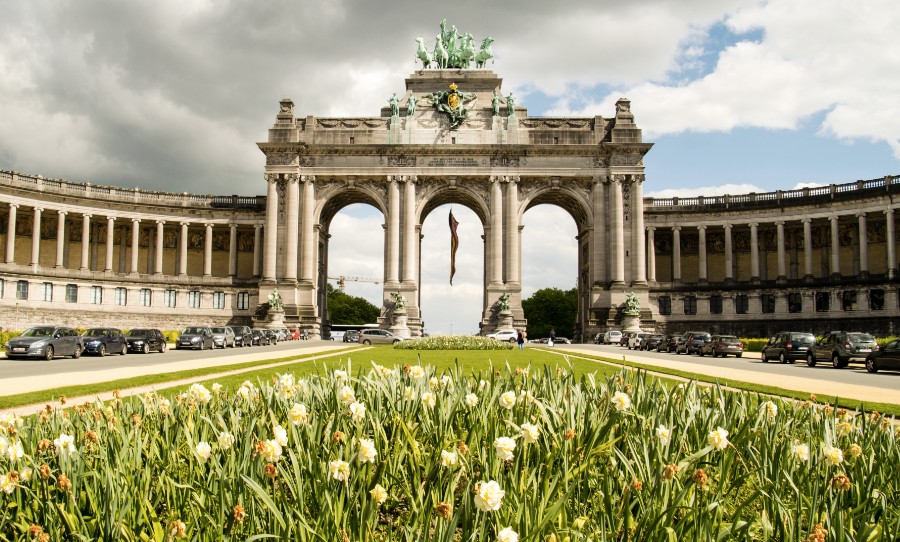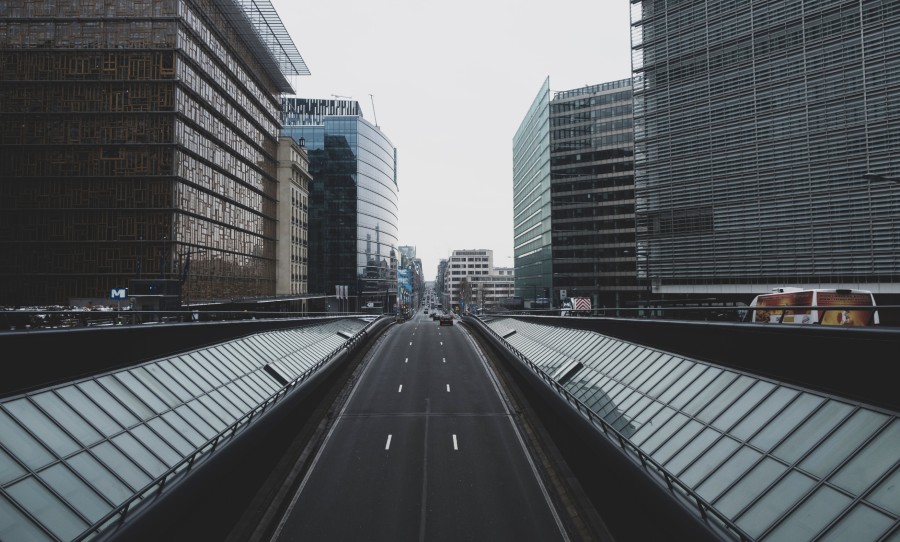From the first day of 2022, driving an older diesel vehicle in a special Low Emissions Zone (LEZ) in Brussels will become illegal.
From the 1st of January in 2018, the city of Brussels introduced the LEZ to the entire territory of the Brussels Capital Region. It prevents certain vehicles from driving in the area, and from the 1st of January 2022, these restrictions will apply to tens of thousands of diesel vehicles registered in the region.
According to the Belga News Agency, the sweeping regulation will affect some 76,500 Euro 4 diesel vehicles that usually drive through the Brussels area.

According to a study conducted by Brussels Environment, while Euro 4 diesel vehicles only account for 12% of vehicles in the region, they are responsible for almost half of particle emissions from exhaust pipes, and roughly a quarter of nitrogen oxide emissions, which are toxic.
The same study also proved the impact the LEZ has made to date, finding a correlation between an improvement in air quality and the active period of the LEZ from 2018 to 2020. In that time period, emissions of nitrous oxide have dropped by 9%, and emissions of small particulate matter from exhaust has declined by a fantastic 38%.
The move comes as a wider push to ban high-emission vehicles throughout the city of Brussels, where an estimated 1,000 premature deaths per year are caused from air pollution issues. On the scale of Belgium as a whole, that number jumps to 9,000 deaths per year.
Brussels is currently committed to a plan to completely rescind the use of fossil fuel-powered cars in the city by 2035.
Today, #Brussels presented the 2025 – 2035 calendar of its Low Emission Zone. This calendar concerns all vehicles in circulation in the capital, and foresees the exit of diesel in 2030, and gasoline/LPG/CNG in 2035. https://t.co/iWqiFIu6Lx pic.twitter.com/HruYHS2E79
— Lucas Demuelenaere (@ldemuele) June 25, 2021
Other cities around the world experiencing dangerous levels of air pollution have been finding their own ways to contend with the issue. Paris and Britain have vowed to ban petrol and diesel cars by 2030, Quebec will halt the sale of gasoline-powered passenger cars by 2035, Germany has been slowly banning older diesel vehicles since 2018 in a similar fashion to Brussels, and the list goes on.
Largely these changes are occurring in countries that have pledged to achieve net zero carbon emissions by 2050, a target shared by more and more nations around the world.
Though Australia did make a pledge to this target at the 11th hour before November’s COP26 Climate Summit, the cabinet’s plan to actually achieve this goal was criticised far and wide for lacking actual promises. David Attenborough even stepped in to scold the plan, just so you know it’s serious.



